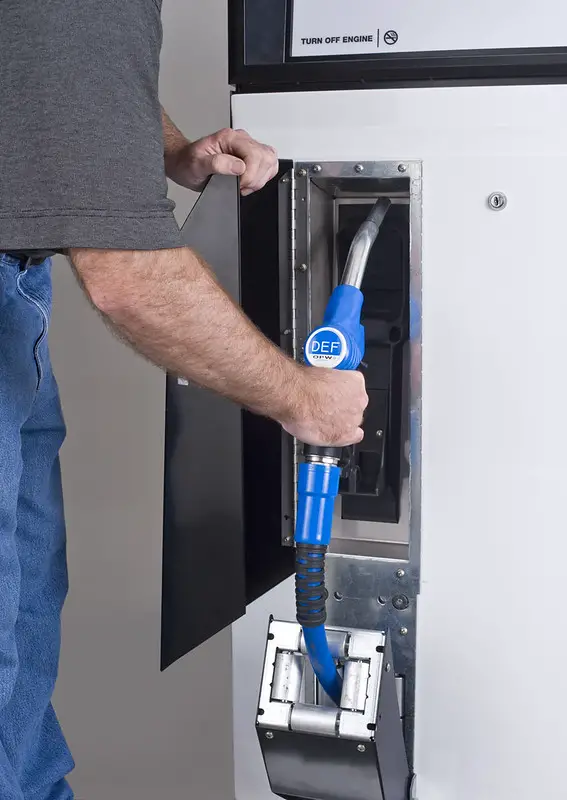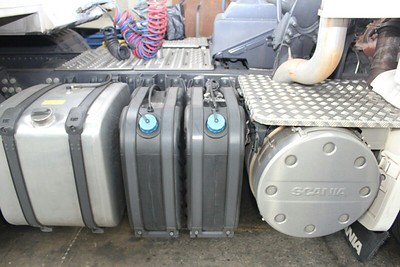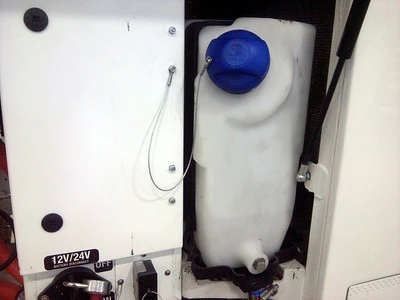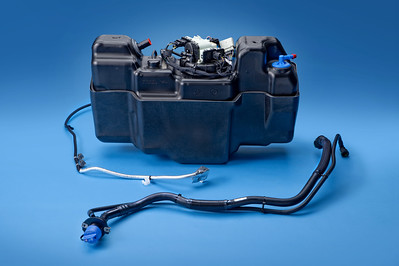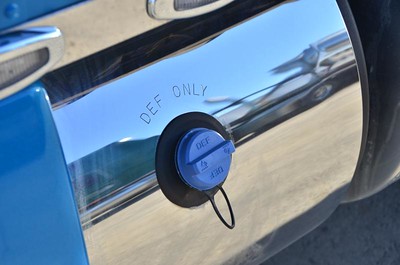What Happens If You Use Old DEF Fluid? (6 Possible Outcomes)
Using old Diesel Exhaust Fluid (DEF) can lead to several technical issues in diesel engines equipped with Selective Catalytic Reduction (SCR) systems. DEF, a mixture of 32.5% urea and 67.5% deionized water, is designed to reduce nitrogen oxide (NOx) emissions. Here’s what happens when old or degraded DEF is used: To avoid these issues, it’s […]
What Happens If You Use Old DEF Fluid? (6 Possible Outcomes) Read More »

